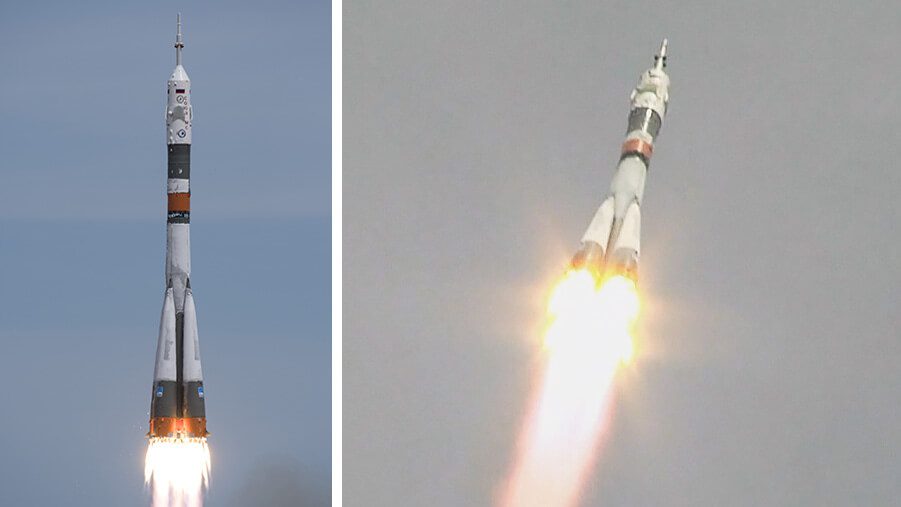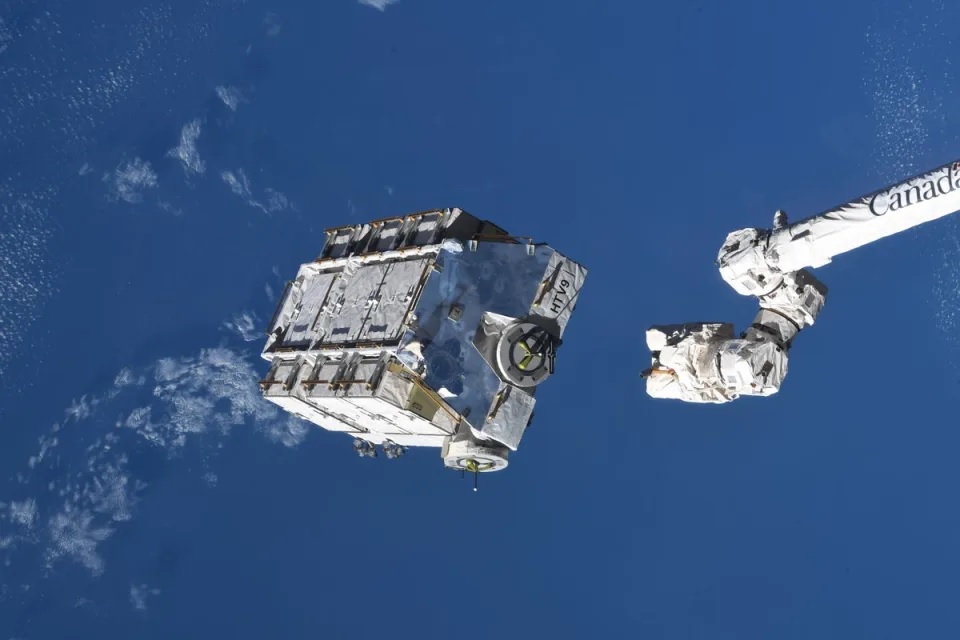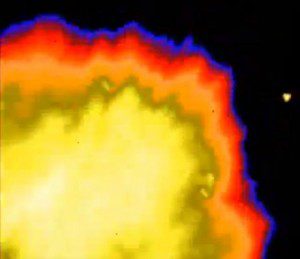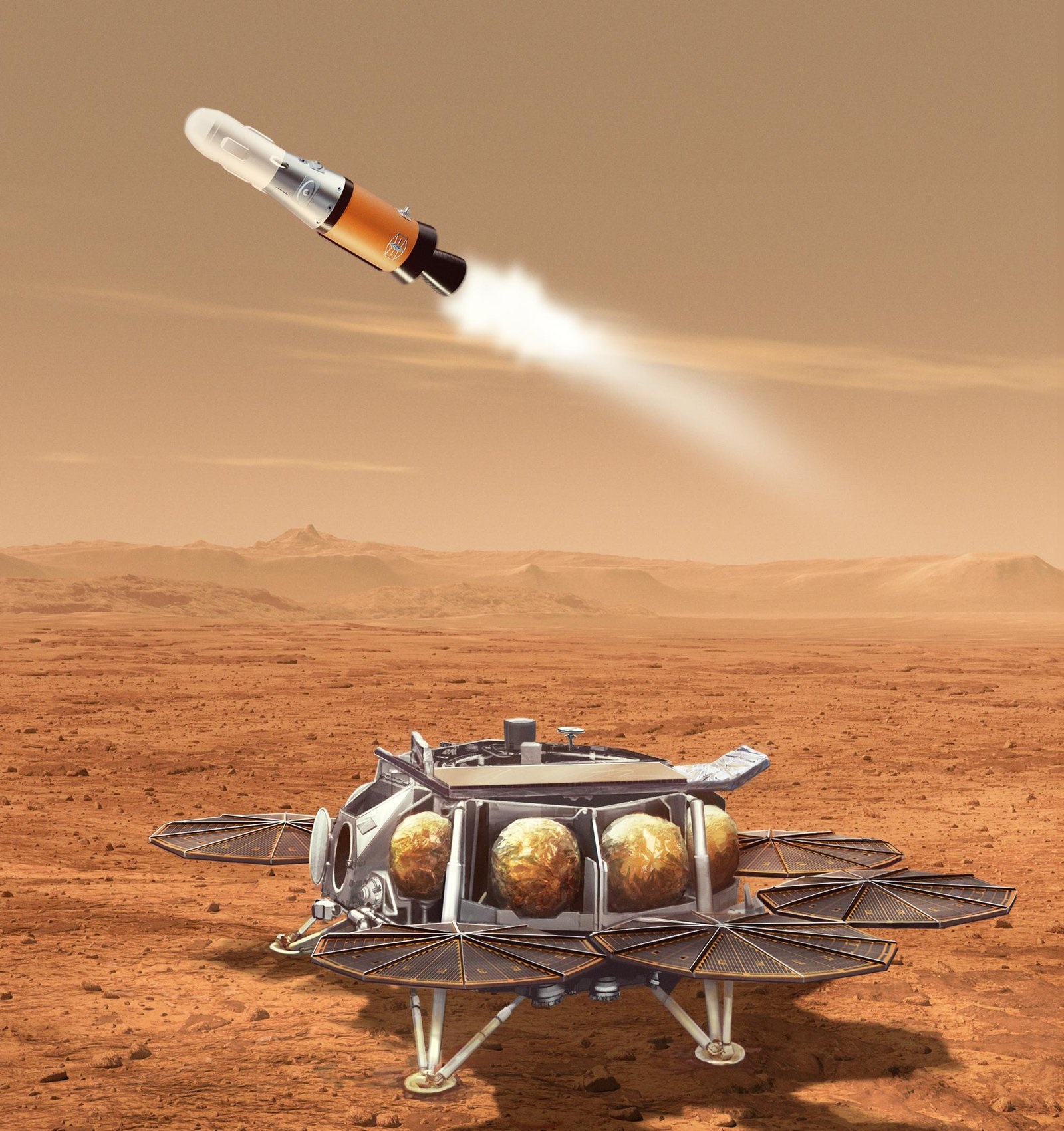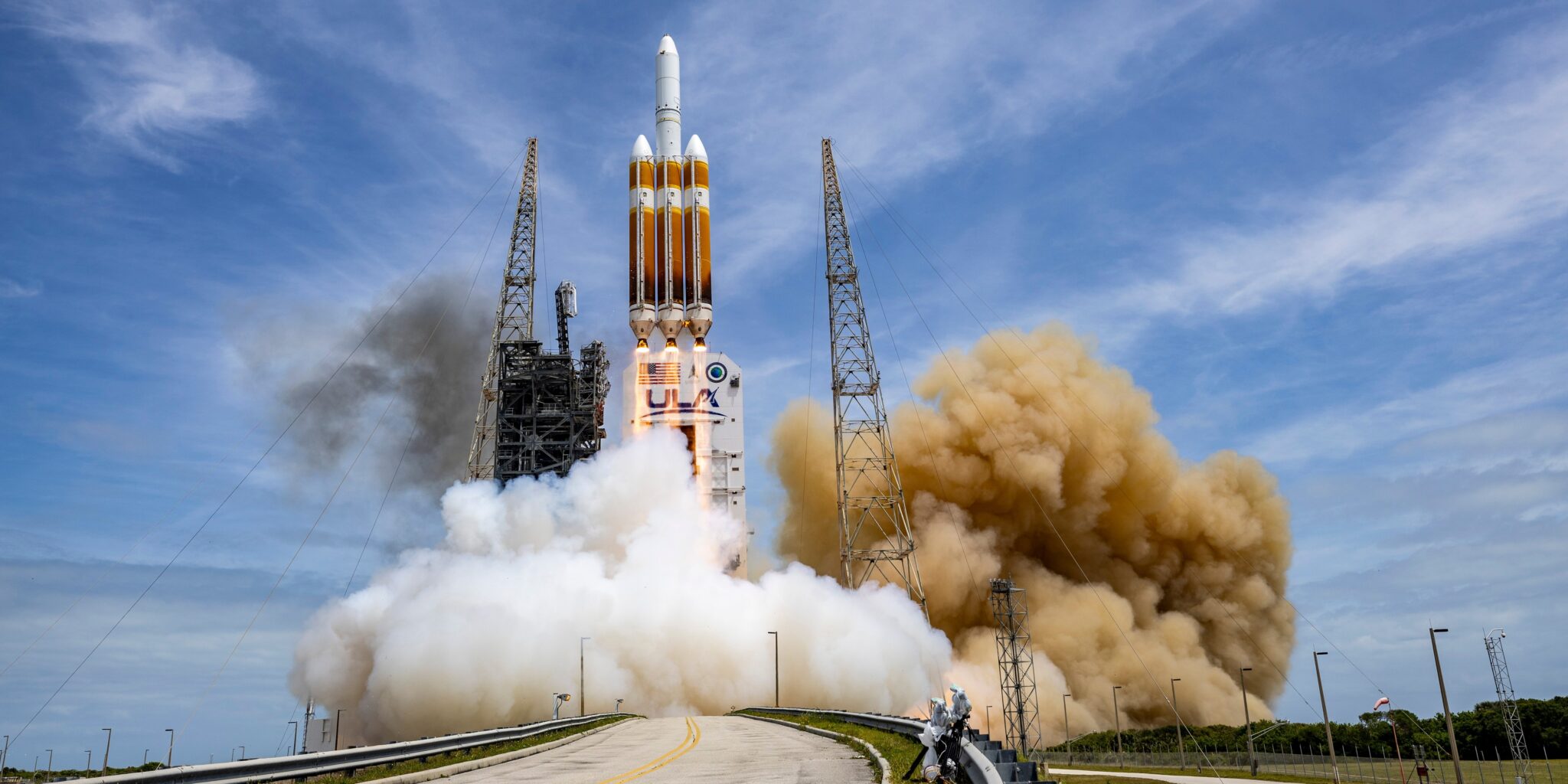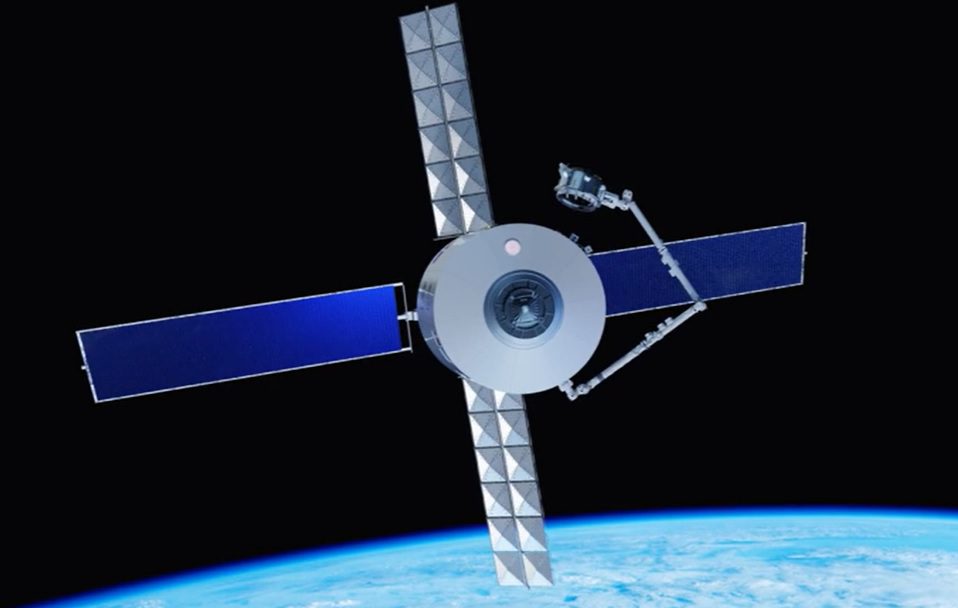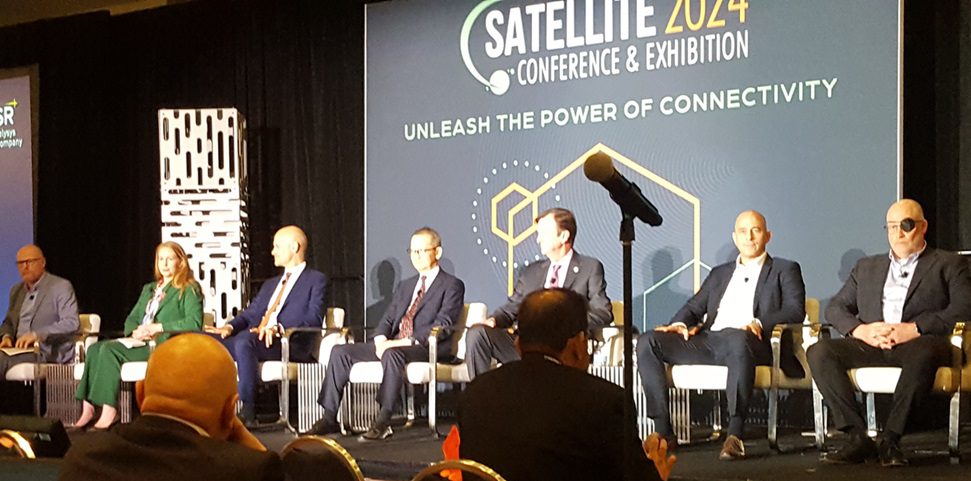At 0713 GMT on 20 April 2017, a Soyuz FG rocket was launched from the Baikonur Cosmodrome, near Tyuratam in Kazakhstan. The launch was carrying the Soyuz MS-04 crewed spacecraft travelling to the International Space Station. However, due to a decision by Roscosmos, only two crew were carried (the Russian ISS crew has been limited to just two cosmonauts until the MLM Nauka module is launched). Thus this Soyuz flight carried just Russian cosmonaut Fyodor Yurchikhin and US astronaut Jack Fischer, with the third seat occupied by a cargo container. The docking was due to take place about six hours after the launch, at 1318 GMT, using the new four-orbit fast-approach technique.
Apart from the crew reduction, there were a few other unusual aspects of this flight. The spacecraft originally intended for this mission, Soyuz No 734, was replaced with Soyuz No 735. Media reports said the change was due to a leak in the descent module’s thermal protection system, which was discovered as the Soyuz MS-04 underwent testing at Baikonur. However, other media reports linked the replacement to the execution of NASA contracts for delivering crews to the ISS.
Another change was that the Soyuz-FG launch vehicle’s third stage (second core stage) had its engines swapped out as a precaution due to an earlier failure in December 2016.

